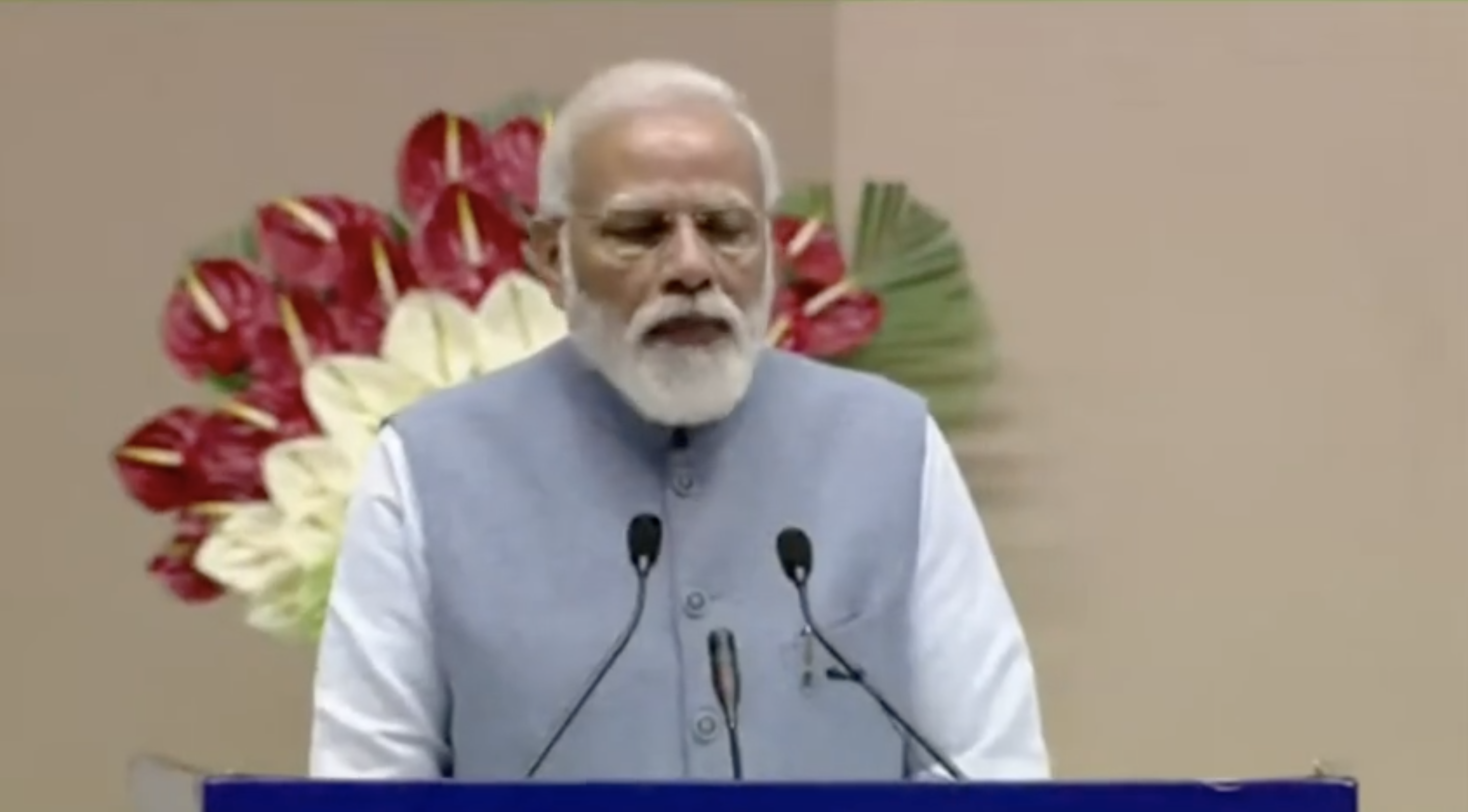“False or incorrect information about nutrition can cause people to make unwise food decisions that can result in obesity, chronic diseases, malnutrition, and other health issues,” says Dietitian Saqib Iqbal
Nutrition is undoubtedly a very necessary part of our daily lives. We cannot function or even survive without it. With the sheer amount of information accessible on a subject as intricate and nuanced as nutrition, it can indeed be tough to tell fact from fiction. Oftentimes, it is perplexing to determine what foods we should be eating to maintain excellent health because there are so many myths and misconceptions running rampant amongst our circles that we tend to believe all too easily.
Here, we will examine some of the most widespread nutrition-related myths and facts, distinguishing reality from fiction. We will take a thorough look at the facts behind the most common nutrition-related myths, covering everything from the significance of nutrients to the consequences that come because of various types of diets.
To aid in dispelling these myths and bring the facts behind them to light, the expertise of Dietitian Saqib Iqbal was sought. Co-founder of Sehat Diet and Nutrition (Pvt) Limited and an expert in weight loss and management of the polycystic ovarian syndrome.
Firstly, Mr. Saqib dives headfirst into some of the most prevailing and dangerous myths in our era, and the actual information behind those myths that should be made known.
Myth: Skipping meals is an effective way to lose weight.
Fact: In fact, skipping meals can slow down your metabolism and cause you to eat more later in the day. A healthy weight can be kept by eating smaller, more frequent meals throughout the day.
Myth: All natural or organic foods are healthy.
Fact: Although natural and organic foods may be less processed and have fewer additives than non-organic or processed meals, they are not always healthier. It is critical to read labels and pick nutrient-dense foods that fit into a balanced diet.
Myth: Supplements can replace a healthy diet.
Fact: A healthy diet should be utilized in conjunction with supplements, not as a replacement. While they can be helpful in certain situations, such as for people with specific nutrient deficiencies, a balanced diet is the best way to ensure you are getting all the nutrients your body needs.
Myth: You should avoid all fats.
Fact: The body needs fats to function effectively and considers them to be an essential nutrient. The key is to choose healthy fats like those found in nuts, seeds, and avocados over unhealthy fats like trans fats found in processed foods.
Myth: Detox diets are necessary to rid your body of toxins.
Fact: There is no scientific evidence to support the effectiveness or necessity of detox diets or cleanses because your liver and kidneys are already designed to remove toxins from your body.
Myth: You need to eat a lot of protein to build muscle.
Fact: The body can only absorb and use a specific quantity of protein at once, even though protein is crucial for building muscle. Eating excessive amounts of protein can actually be harmful to your health.
Myth: All supplements are safe and effective.
Fact: Supplements can be harmful if taken in excessive amounts or in combination with certain medications. It is important to consult with a healthcare provider before taking any supplements.
Dispelling myths
When making significant changes to your diet, it is crucial to be critical of any nutrition information you come across and to always speak with a healthcare professional or consultant dietician.
As one could probably guess, all these myths infiltrating our daily lives and beliefs can have severe and potentially long-lasting harmful effects. Mr. Saqib also addresses the importance of dispelling such myths with much zeal, and what steps can be taken toward that aim.
“Because false information about nutrition can have harmful effects on people’s health and well-being, it is crucial to dispel them. False or incorrect information about nutrition can cause people to make unwise food decisions that can result in obesity, chronic diseases, malnutrition, and other health issues,” he says.
Moreover, marketing and advertising, which might not always have the best interests of customers in mind, can spread misunderstandings about nutrition. This can lead to confusion and conflicting information, making it difficult for people to make informed decisions about what to eat.
By dispelling myths about nutrition and promoting evidence-based information, individuals can make informed decisions about their diets and health, leading to better overall well-being. It can also promote a better understanding of how food affects the body, and empower people to make choices that are best for them and their families.
There are several steps that can be taken to dispel myths about nutrition.
Promote evidence-based information:
Nutritional claims must be supported by scientific data rather than anecdotes or first-hand knowledge. Promoting evidence-based information can help prevent misinformation and dispel myths about nutrition.
Increase public awareness:
The public needs to be made more aware of the value of nutrition and how it affects health. This can be done through public health campaigns, educational programs, and social media like what Mr. Saqib is doing through “Sehat Diet and Nutrition (Pvt) Limited”.
Encourage critical thinking:
Promoting critical thinking when it comes to nutrition information can assist people in spotting myths and false statements. Promoting abilities like assessing the reliability of sources, challenging claims, and taking into account contradictory data might be helpful.
Engage healthcare professionals:
Healthcare professionals especially dietitians/nutritionists play a crucial role in educating individuals about nutrition. Providing accurate and evidence-based information to patients can help dispel myths and prevent the spread of misinformation.
Collaborate with the media:
The way the public views nutrition can be significantly influenced by the media. Working with media sources to convey precise, scientifically supported nutrition information can aid in debunking myths and stop the spread of false information.
Mr. Saqib also shares some valuable advice regarding the dos and don’ts of nutrition for the general population.
“Eat a variety of whole foods: Include a variety of fruits, vegetables, whole grains, lean proteins, and healthy fats in your diet. Eating a variety of foods ensures that you get all the nutrients your body needs,” he says.
He emphasizes the need for limiting processed foods and added sugars, paying attention to portion sizes, staying hydrated, avoiding skipping meals, and consulting a nutritionist for professional assistance.
“Always keep in mind that leading a healthy lifestyle includes many different components. Maintaining general health and well-being also requires regular exercise, stress reduction, and enough sleep,” he adds.
Nutrition is a complex and often misconstrued topic that is surrounded by numerous myths and falsities. Yet, we can make sure that we are taking the nutrients needed to sustain our health by making evidence-based decisions about our diets. Understanding the facts behind all these myths will thus let us distinguish fact from fiction and adopt a nutritious, balanced diet that serves to protect our health and well-being in the long run.

















April 11, 2023 at 8:54 pm, Sadia said:
Very well explained thanks for sharing much needed information 👍
April 11, 2023 at 11:10 pm, Anmol Moazam said:
Much needed. Very well explained👍